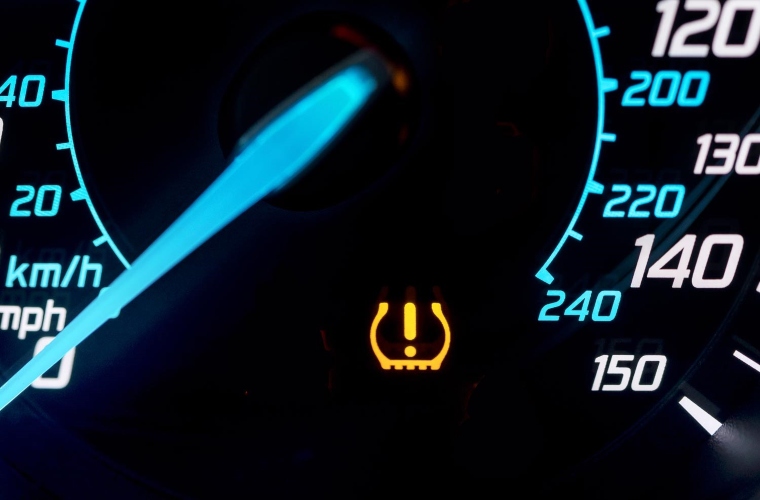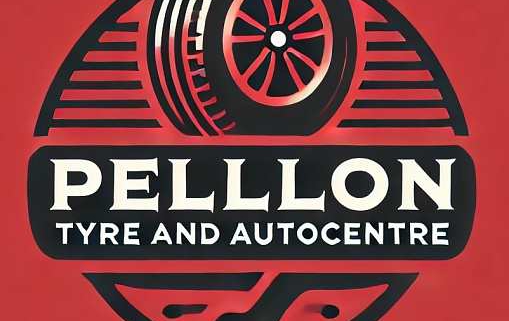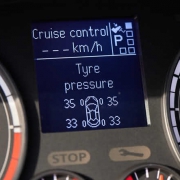Tyre Pressure Monitoring Systems 2
Tyre Pressure Monitoring Systems 2

Tyre Pressure Monitoring Systems 2
Tyre Pressure Monitoring Systems (TPMS for short)
So, Tyre Pressure Monitoring Systems 2 was first introduced as a safety feature and a way to help lower car emissions. So, what many drivers don’t know is that their tyres have low pressure. Hence, the engine has to work harder to propel the car along. Thus creating more pollution than is necessary.
Most modern cars now have this system installed. In fact, TPMS is fitted to cars as standard from 2014 onwards. So if the wheel of your car is fitted with a sensor attached to the wheel valve,. Although it looks like a regular, old-fashioned rubber valve, it is a piece of modern technology. When a warning light comes on, it should not be ignored. The illuminated light means that your tyre pressure is low. Of course, a puncture repair could be to blame, and this requires immediate attention.
A sensor valve in each tyre monitors tyre pressures- Tyre Pressure Monitoring Systems 2
This is how the system works. The wheel of your car is fitted with a sensor attached to the wheels valve. Although it looks like a regular old fashioned rubber valve, it is a piece of modern technology. The sensor knows what pressure your tyres should be set at. If pressure is lost then a signal is sent to the cars computer which illuminates the warning light on the dashboard.
If the rubber or metal valve is damaged then it can be simply replaced and a new one reattached to the sensor. Most car models would cost £19.90 for this service. Incidentally, this price also includes re programming the sensor to the cars computer. Of course this resets the warning light, which consequently goes out.
TPMS sensors should be serviced regularly to avoid sensors developing faults.
So each Tyre Pressure Monitoring Systems 2 sensor has its own unique number allocated to it. Of course, it is also fitted with a tiny battery. battery failure is beginning to become one of the main problems. The sensor unit is sealed and when the battery fails, a new sensor is required. Like any other battery, the more miles a car drives, the more use the battery gets. Subsequently, this leads to battery failure. Thus, a new sensor will be needed.
Also, like anything else on a car, corrosion can be an issue. The valves and Tyre Pressure Monitoring Systems 2 sensors are open to the elements and will eventually be subject to corrosion. This will also be a problem in years to come. New sensors start out at about £69.90 fitted, and the dash light resets. This depends on the type of sensor and whether or not a standard off-the-shelf replacement will fit your particular car. If the sensor has to come from the main agent, then the cost would be much higher.
New vehicles fitted with TPMS and registered on January 1, 2012, become part of the MOT
Drivers should be aware that if your car is presented for an MOT Test. Hence, the wheel of your car is fitted with a sensor attached to the wheel valve. Although it looks like a regular, old-fashioned rubber valve, it is a piece of modern technology. If a warning light illuminated, it is a test failure.
Although it is yet another piece of technology, I think that TPMS is a great safety feature. As a result, the Tyre Pressure Monitoring Systems 2 is constantly checking the tyre pressures for you as you drive along. So, any reduction in your pressure, perhaps due to a puncture, will alert you to take evasive action and could save an accident and even lives.
Pellon Tyres is now a member of TyreSafe.org

- Rover Exhaust Flexi Pipe Fitted
- Vauxhall Zafira MOT Failure
- Michelin Sports Tyres
- Toyota Aygo Test Failure
- Caravan Tyre Problems
Finally the TPMS system that we use at Pellon Tyres is the Apaseal system and replacement valves.

